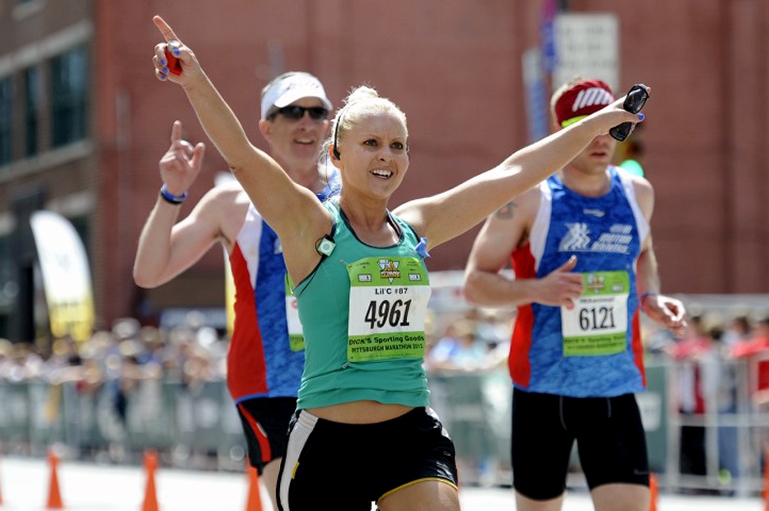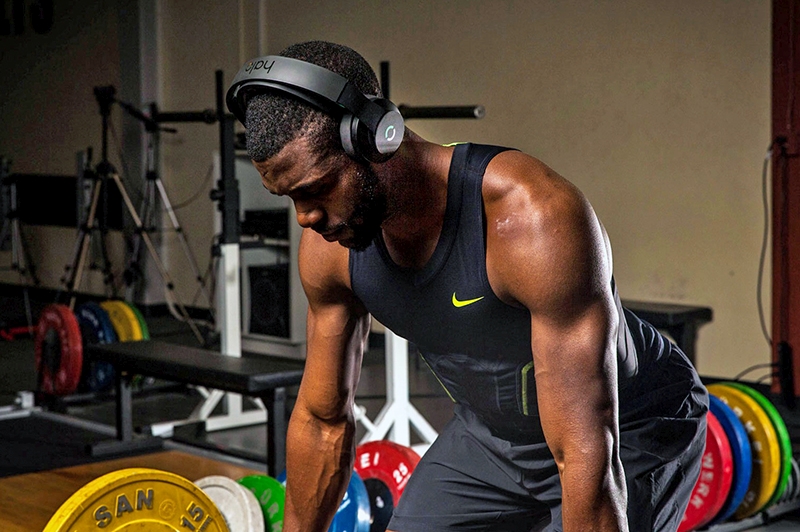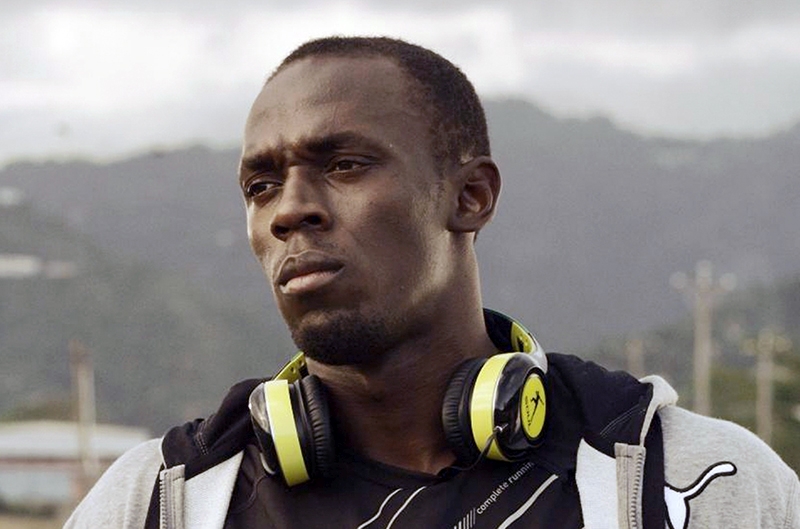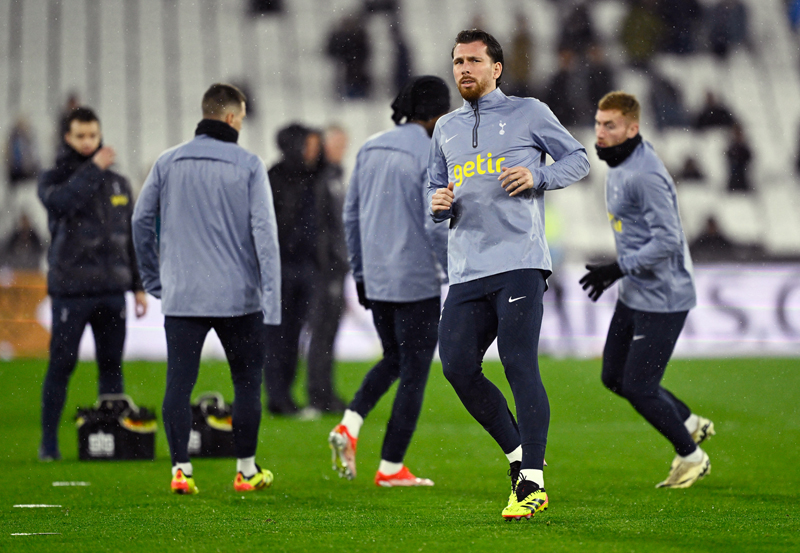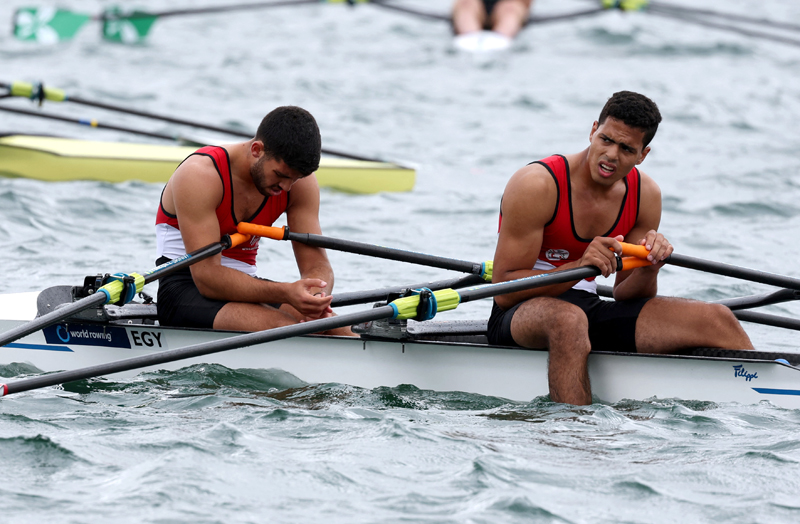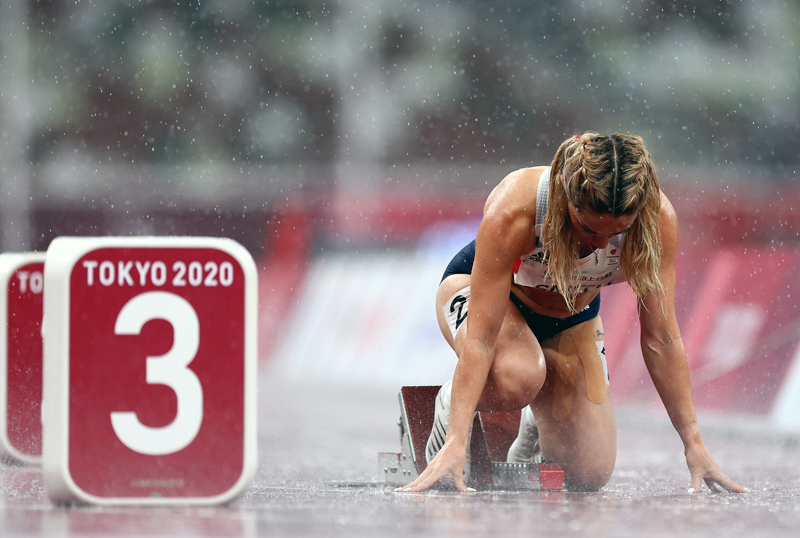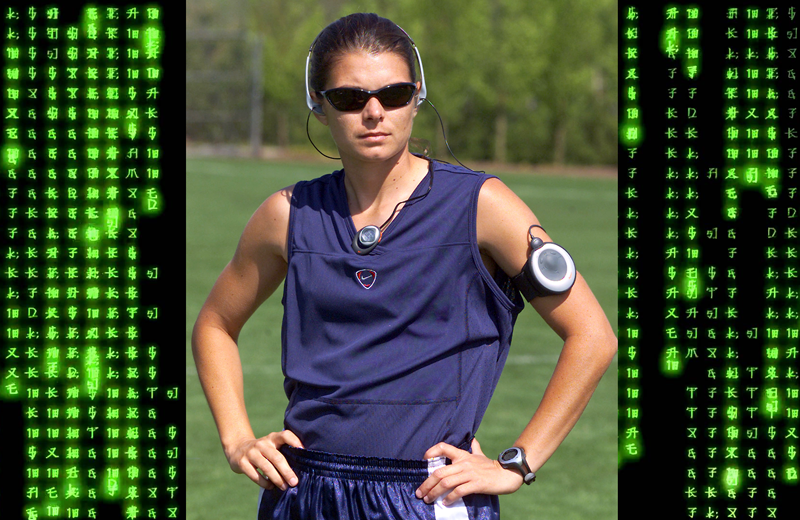You are viewing 1 of your 1 free articles. For unlimited access take a risk-free trial
Making your training count: time for a bit of competition?

Despite the well established heath and well being benefits that exercise brings, it can sometimes hard to stay motivated and put in quality training sessions, especially if you have to train on your own most of the time. It’s true that the use of GPS/computer devices can be extremely useful in monitoring, recording and feeding back your effort. However, some research suggests that when it comes to getting really fired up to work hard, athletes could be better off tapping into their natural competitive instinct, because by doing that, it’s possible to work harder for less perceived effort.
A competitive presence
A number of studies looking into competition and performance have shown that the presence of a competitor (ie being in a race situation) can improve performance. One fairly recent study by British scientists investigated the physiological and psychological influences of a ‘visual avatar’ competitor (ie simulating a virtual race) during a 16.1-km cycling time trial performance, using trained, competitive cyclists(1) . To achieve this, fifteen subjects completed an initial familiarisation trial, then three further 16.1km cycling time trials on a cycle ergometer. These consisted of:- *A trial with no visual display;
- *A trial using a visual display of just themselves as a simulated avatar;
- *A trial using themselves and an opponent as simulated avatars.
The results showed that in the ‘competitive’ trial (ie where they rode against what they thought was a similar-ability cyclist), performances were significantly improved; in the competitive trial, the cyclists averaged 28.4 minutes whereas in the self-avatar and no-avatar trials, they managed only 28.7 and 28.4 minutes respectively. And while the cyclists sustained greater power outputs and heart rates during the competitive trial, the perceived rate of exertion was no different – ie they had worked harder for the same effort level. Other more recent research is consistent with these findings; a study published earlier this found a similar gains in performance when trained cyclists raced against an avatar(2) . In this study, researchers concluded that the part of the reason for the performance gains was due to patterns of muscle activation, indicating a brain/neural input into the process.
Practical implications for athletes
It’s perhaps not unexpected that the cyclists worked harder when given competitive cues to spur them on. What is surprising is that they experienced no increased levels of effort over time trials where they rode nearly a minute slower. When the researchers analysed the attentional focus questionnaires, they found that the cyclists’ internal attentional focus was significantly reduced during the competitive trial – almost certainly due to the greater external distraction of a ‘competitor’ – and it was this that enabled them to work harder without any increase in perceived effort. This ties in neatly with research into music and sport; studies using a wide range of sports have produced very strong evidence that not only can music can divert your attention from the sensations of effort and fatigue, the synchronisation of movement with music in sports such as running leads to greater endurance and movement efficiency(3). The implications that follow from this research is that you should consider scheduling in some regular training with buddies of similar ability where you can ‘spur each other on’. Also, consider using music (another form of internal attentional distraction) to help motivate and get you through harder training sessions such as intervals. However, don’t try and ‘win’ every training session – you’ll end up exhausted and your motivation/fitness will suffer!References
- J Sci Med Sport. 2015 Jul;18(4):486-91
- Int J Sports Physiol Perform. 2018 Mar 1;13(3):283-289
- J Sport Exerc Psych 2009; 31: 18-36
1
Newsletter Sign Up
Testimonials
Dr. Alexandra Fandetti-Robin, Back & Body Chiropractic
Elspeth Cowell MSCh DpodM SRCh HCPC reg
William Hunter, Nuffield Health
Newsletter Sign Up
Coaches Testimonials
Dr. Alexandra Fandetti-Robin, Back & Body Chiropractic
Elspeth Cowell MSCh DpodM SRCh HCPC reg
William Hunter, Nuffield Health
Keep up with latest sports science research and apply it to maximize performance
Today you have the chance to join a group of athletes, and sports coaches/trainers who all have something special in common...
They use the latest research to improve performance for themselves and their clients - both athletes and sports teams - with help from global specialists in the fields of sports science, sports medicine and sports psychology.
They do this by reading Sports Performance Bulletin, an easy-to-digest but serious-minded journal dedicated to high performance sports. SPB offers a wealth of information and insight into the latest research, in an easily-accessible and understood format, along with a wealth of practical recommendations.
*includes 3 coaching manuals
Get Inspired
All the latest techniques and approaches
Sports Performance Bulletin helps dedicated endurance athletes improve their performance. Sense-checking the latest sports science research, and sourcing evidence and case studies to support findings, Sports Performance Bulletin turns proven insights into easily digestible practical advice. Supporting athletes, coaches and professionals who wish to ensure their guidance and programmes are kept right up to date and based on credible science.
